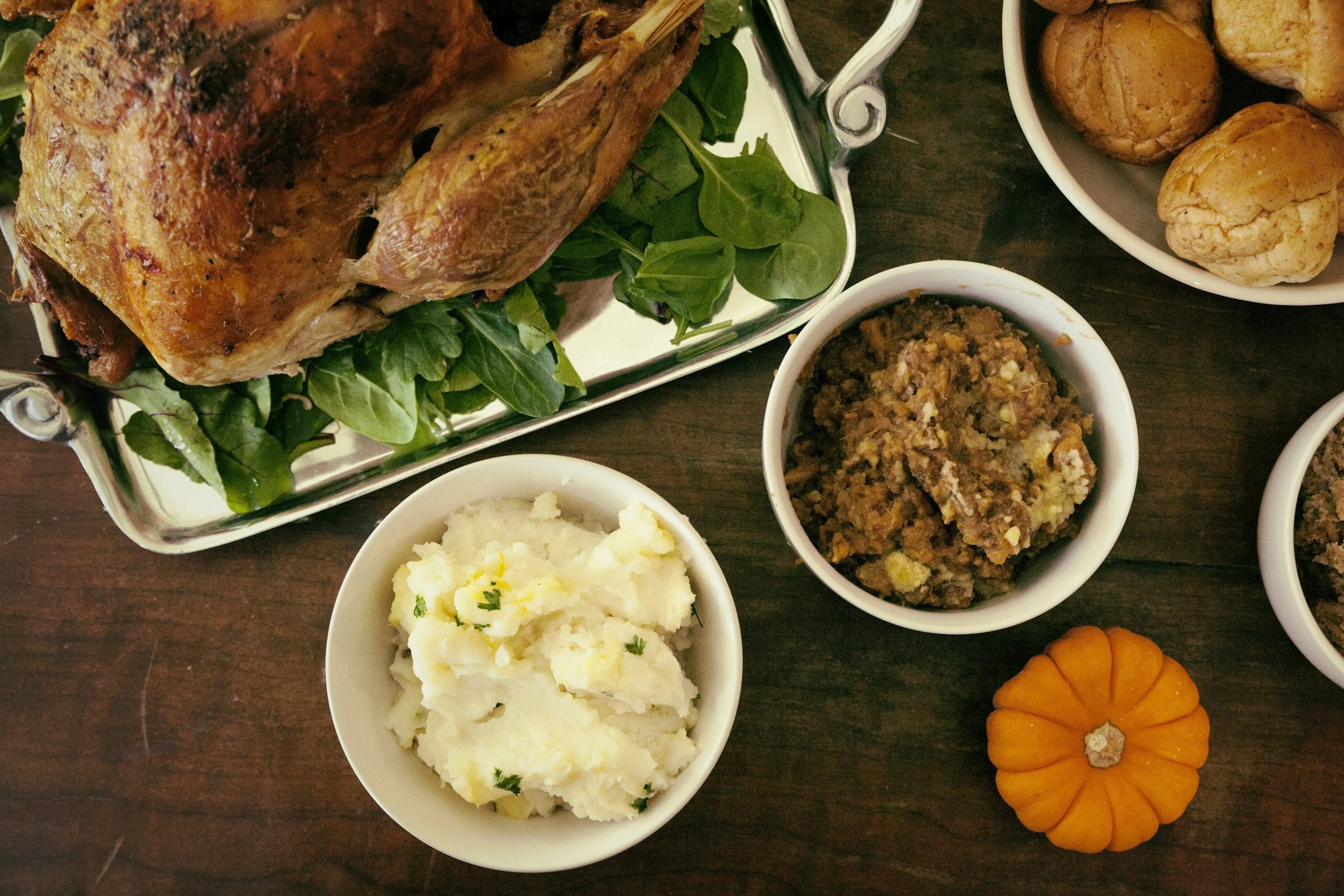Co-Parenting on Thanksgiving: Tips for a Peaceful Holiday
Thanksgiving is meant to be a time of family, gratitude, and togetherness. For some separated or divorced parents, it can also bring stress and emotional challenges. Deciding where the kids will spend the holiday, managing extended family expectations, and balancing new traditions can feel overwhelming.
At North Bay Family Law, we understand how important the holidays are for parents and children alike. With thoughtful planning and communication, you can make Thanksgiving a positive experience for everyone, especially your kids.
Here are our top co-parenting tips for a peaceful and meaningful Thanksgiving.
1. Plan Early
The best way to avoid last-minute disagreements is to plan ahead. Review your parenting plan or custody order well before the holiday to confirm who has parenting time and when.
If your agreement doesn’t specifically address Thanksgiving, try to discuss and finalize plans as early as possible. Clarity helps everyone feel more relaxed, especially your children.
2. Keep the Focus on the Kids
Thanksgiving is about creating memories and giving thanks. When you keep your children’s happiness at the center of every decision, it becomes easier to set aside personal frustrations or differences. Remember, kids thrive when they see both parents cooperating and showing respect.
3. Stay Flexible When Possible
Even the most well-laid plans can change - family events run late, traffic causes delays, or someone gets sick. If adjustments are needed, try to approach the situation with understanding and flexibility. Working together, even in small ways, builds trust and sets a positive tone for future holidays.
4. Communicate Calmly and Respectfully
Keep communication brief, polite, and centered on the holiday logistics. Avoid bringing up unrelated conflicts or emotional issues. Tools like co-parenting apps or shared calendars can help reduce miscommunication and make planning smoother.
5. Don’t Compete. Create Joy!
It’s natural to want to make the holiday special, but resist the urge to “outdo” the other parent. Instead of competing, focus on creating meaningful traditions your children will treasure - a special breakfast, a walk on the beach, or volunteering as a family will create positive memories for kids.
6. Encourage Connection
If it’s safe and appropriate, allow your children to connect with their other parent on Thanksgiving, even if it’s just a short phone or video call. Letting them share their love freely helps them feel secure and supported.
7. Remember to Take Care of Yourself
Co-parenting during the holidays can be emotionally draining. Make time for your own self-care. Whether that’s spending time with friends, joining a community event, or simply relaxing, a calm, centered parent creates a calmer environment for the kids.
8. Create New Traditions
Change can be difficult, but it also opens the door to new possibilities. Whether it’s hosting Thanksgiving brunch instead of dinner, celebrating on a different day, or cooking a new family recipe, new traditions can bring comfort and joy in a fresh way.
